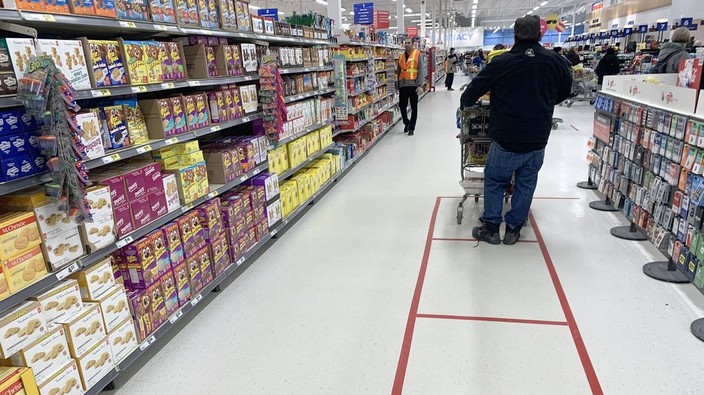powered by:
valneva canada inc.
opinion: why retail therapy isn’t always a mood booster
having to make tough choices in the store can engender negative emotions — especially among those who are indecisive to begin with.
jul 15 2021
 3 minute read
3 minute read


consumers want variety: the more options, the better. but there's a down side, writes tanya singh.
postmedia news
by: tanya singh
wait, what? you don’t like to shop? my lack of enthusiasm for shopping always leaves my peers baffled. and i understand their puzzlement; we’re conditioned to love shopping. we are constantly bombarded with the latest in fashion, technology and personal care everywhere we look.
the pandemic saw us spending even more time on social media, and consumers reported feeling more influenced to buy products via social media than ever before. even as the economy slowed down during the pandemic, consumer spending on such household items as furniture, appliances and jewelry actually rose by almost 20 per cent.
but does shopping, either online or in person, actually make you feel good? researchers at stanford university have found that viewing items you want to buy can give you a rush of mood-lifting chemicals in the brain. nothing fires our brains’ pleasure centres like instant gratification, and shopping is the easiest way to attain that.
unfortunately, there’s a darker side to this consumer experience that isn’t well known. research by marketing scholars has shown that when it comes to shopping, consumers want variety: the more options, the better. this explains the appeal of superstores that sell hundreds of different brands of the same products. naturally, more choice is alluring, but more choice also triggers more “what-ifs” because you must forgo many options when you choose one. so variety is a double-edged sword: the more options we have, the harder it becomes to decide, sometimes preventing the making of a purchase altogether.
advertisement
advertisement
when buyers can’t decide what to buy, they’ll often put if off for another time and leave the store. in consumer behaviour lingo, this is called choice deferral. research on academic procrastination has shown that students who tend to put off academic work may end up feeling worse about themselves. similarly, early evidence suggests that when you can’t choose which product to buy, you may start to doubt your ability to make decisions, leading to feelings of low self-confidence. so retail therapy may not always be the answer if you’re feeling low. retail therapy may especially backfire for those who are indecisive in general, as having to make tough choices in the store can engender some pretty negative emotions.
some shoppers may argue that the occasional dent in one’s self-confidence is worth the mood lift from indulging in shopping. i would urge caution to these shoppers, based on another facet of my work. once you’ve put off one choice, you’re more likely to delay subsequent ones. this might mean that indecision can compound over time, and you may feel worse with every missed decision. based on online studies with real consumers, this momentum effect is quite strong, and can have real implications for consumers’ mindsets and behaviours.
advertisement
advertisement
so what can you do to improve your shopping experience? first, try to limit the number of options you’re choosing among. having fewer options will make it easier to compare across options and make it easier to arrive at a decision. second, try to evaluate options one by one rather than all at the same time. evaluating all your options together can be overwhelming and may result in indecision. research has shown that when we evaluate alternatives sequentially, our brain uses simpler decision-making rules that make choices easier. third, take a break after you’ve put off a choice. this may help you avoid the “indecision momentum” that might have an impact on later choices.
finally, there are plenty of other ways to boost your mood (that are also lighter on your wallet!). have a picnic with your friends, visit a museum, cook yourself a special meal.
and if all else fails, you can always stay home and make some sourdough.
tanya singh is a consumer behaviour researcher. she is currently a phd candidate in the department of marketing and a public scholar at concordia university. her dissertation examines the consequences of consumer choice deferral.




